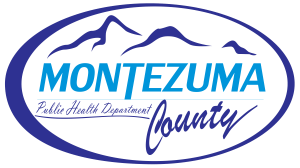Montezuma County » Public Health » Environmental Health » Protect yourself from smoke
When wildfires burn near you, smoke can reach your community. Wildfire smoke is a mix of gases and fine particles from burning trees and plants, buildings, and other material. Wildfire smoke can make anyone sick, but people with asthma, Chronic Obstructive Pulmonary Disease (COPD), or heart disease, or who are pregnant and children and responders are especially at risk.
Breathing in smoke can affect you right away, causing:
Who is at greatest risk from wildfire smoke?
Take steps to reduce your risk from wildfire smoke.

Septic permits are now started online and accessible via the link below